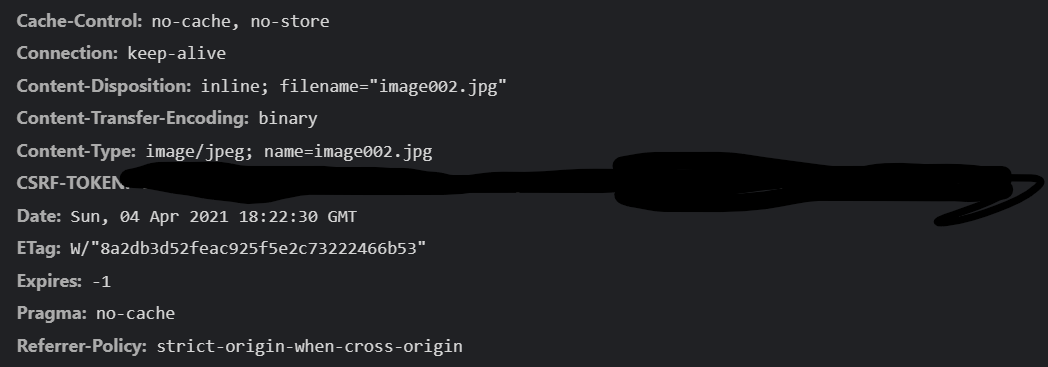While Zammad loads very fast, it seems it transfers a lot of data when you first enter the url or refresh the browser. It seems it downloads all tickets and relevant attachments upon a “full” load of the application in the browser, this data usually isn’t directly needed, and clicking on the attachments seems that it downloads them another time anyway.
It would be nice if Zammad would download less data upon a full application load. When i check my network tab after a refresh i see this;

Maybe clean up your taskbar list if Zammad loads data you don’t need?
Zammad will load all opened tickets on the left.
Technically even one ticket may provide such big data in case the ticket is big.
It’s a fundamental of how Zammad works and why it operates as fast as it does most of the times.
This is also the reason why loading new ticket data does requires more time than opening already “opened” ticket from the taskbar.
I don’t have that much open. And i do think it’s fine it loads all text data, and probably also the inlined images, but i don’t think it should also download the attachments. Especially when you click on an attachment it downloads it another time anyway. as we have many tickets with large attachments it just seems a waste of bandwidth.
Zammad does not download attachments in advance. That wouldn’t make any sense.
oke, sorry my bad, it indeed seems to only come mainly from the ?view=inline call’s. So it means the tickets i’ve open, have many inline images. It does seems to be a bit overkill to download them all upfront, as images should download quick when you just open the ticket.
maybe it’s an option to at least allow the inline images to be cached by the browser, currently it seems the response headers try to force to not cache anything client side;
Unless this is a serious security concern?
Caching inline images is a great proposal @olafbuitelaar . We should evaluate that. Would you mind creating an issue for caching inline images (and attachments in general) over at GitHub?
this could be a minor optimisation; Reference images based on their hash value
This topic was automatically closed after 416 days. New replies are no longer allowed.
